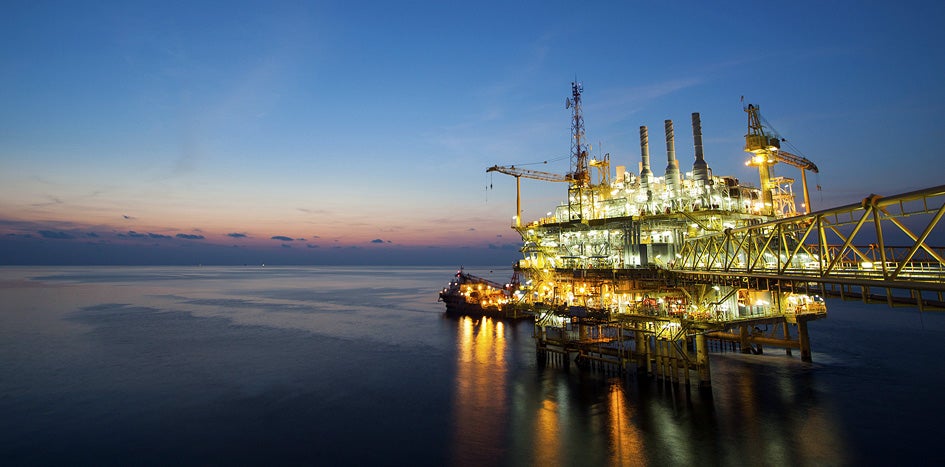
Energy consultancy Xodus has secured a contract from Petronas to advance the Kasawari carbon capture and storage (CCS) project off the coast of Sarawak, Malaysia.
The contract involves feasibility studies and conceptual engineering design for the complete Kasawari CCS project.

Discover B2B Marketing That Performs
Combine business intelligence and editorial excellence to reach engaged professionals across 36 leading media platforms.
Xodus said it would enable the exchange of knowledge and expertise with its Malaysian client and contractor communities for the Kasawari project.
Xodus Asia Pacific (APAC) regional director Simon Allison said: “This is a significant step for PETRONAS and Malaysia and aligns with our own ethos of delivering a responsible energy future. The award of this contract is a demonstration of the success of our expansion and recognition of our growing footprint across the APAC region.
“CCS will be a key part of a global transition to net-zero carbon emissions and our international experience and expertise will support Petronas in delivering sustainability across future projects. We are proud to be working together.”
Xodus said it has already participated in all aspects of carbon capture, including designing and operating systems to capture, process, transport, inject and store CO₂.

US Tariffs are shifting - will you react or anticipate?
Don’t let policy changes catch you off guard. Stay proactive with real-time data and expert analysis.
By GlobalDataThe Kasawari project aims to capture and process CO₂ from the sour gas field development. It will be then injected into a depleted offshore gas field.
Planned to be commissioned by the end of 2025, the Kasawari CCS project is expected to reduce the volume of CO₂ emitted via flaring by 76 million metric tonnes.
The project is expected to reduce an average of 3.7 million metric tonnes per annum (mtpa).
The project forms part of oil and gas company Petronas’ goal to achieve net-zero carbon emissions by 2050.





